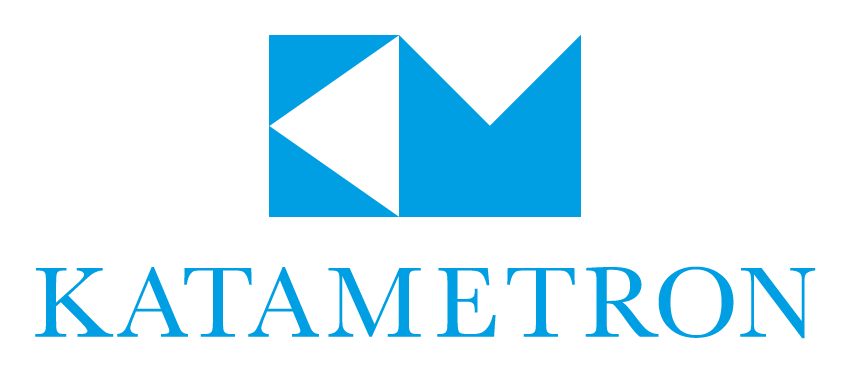Report prepared by Maria Carnovale for the Pulte Institute for Global Development, part of the Keough School of Global Affairs, University of Notre Dame
Smart sanitation technology, or SST, refers to digital technologies applied to the sanitation industry. The breadth of applications can be wide, but they are quickly rising as popular public health tools, especially thanks to their potential for epidemiological analysis. While SST might sustain the vision of the UN Sustainable Development Goals, it can also lead the continuous surveillance of individual existence an often-criticized feature of smart city architecture to an exceedingly private location: the toilet. The data collected by many SST applications can be considered health data, the improper use of which can generate harm and stigma. This paper provides the first discussion of a policy framework for this technology by applying basic and uncontroversial principles (scientific evidence, necessity, proportionality, time boundedness, and privacy) to the use of SST for public health purposes.
